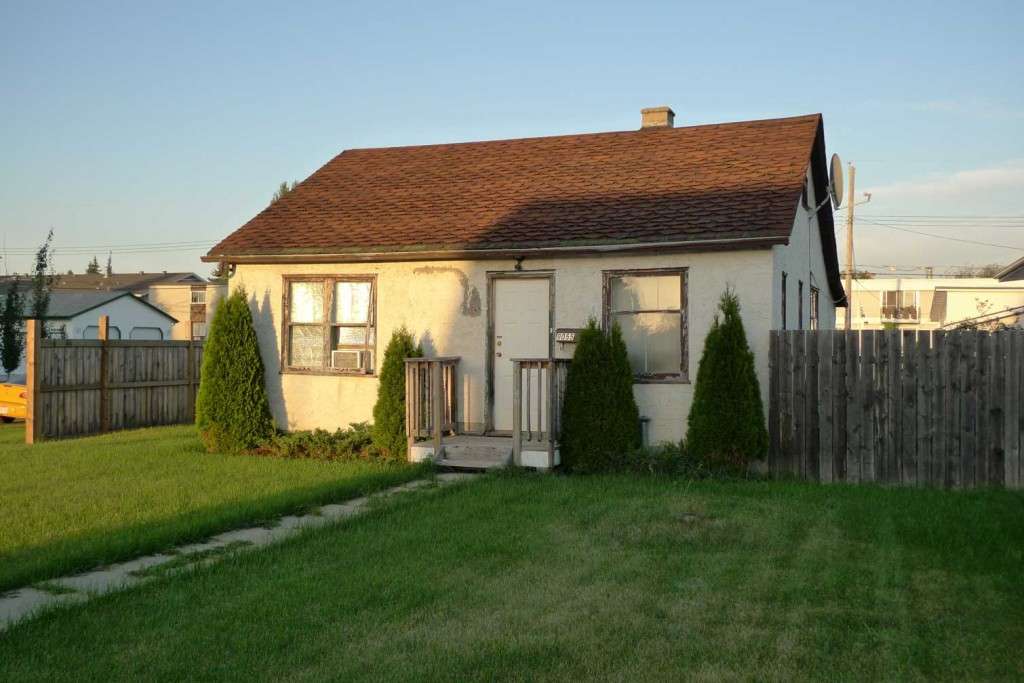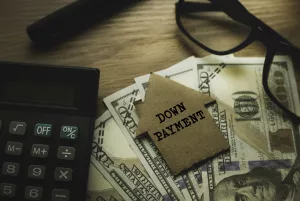What Does Lot Value Mean in Real Estate?
Lot value is the worth of a piece of land. Lot values can be calculated for vacant lots and for lots with houses on them. Sometimes lot value is known as residual land value – that is, the value of the real property when the house is taken out of the valuation.
For real estate with a house or building on it, a simple equation can be used to determine lot value.

Lot Value = Total Property Value – House Value
Real Estate Agent Explains Lot Values
Many factors affect lot value, but the three biggest factors that affect land cost are location, lot size and zoning. There is nothing that affects land prices more than location, and more land is always worth more than less land. Besides that, what you can and cannot do with land is also very important. Of course, you cannot change a lot’s location, or make it bigger, but you can sometimes have it re-zoned.
Here are examples of lot value:
A $670,000 property may have a home built on it that is worth $400,000 – yielding a lot value of $270,000.
Lot Value = $670,000 – $400,000 = $270,000
If a home is very dilapidated, the property may be “sold for lot value.” That is, the home is so used up or run down that it is considered worthless.
A $250,000 property may have a lot value of $250,000 if the home is what is known as a “tear down” – that is, the home has no actual value. In cases like these, there are costs involved in removal of the structures on the land, and those costs should be taken into account as well when considering the land value.
Lot Value = $250,000 – $0 = $250,000

Industrial properties are sometimes sold at lot value as well. Of a commercial or industrial building needs to be removed, the cost can be very great. Also, if there are any environmental issues that require cleanup, that cost as well as any cost to remove the structures on the land would be subtracted from the value of the lot.
Condos technically have lot values, too. Even though you almost never remove just one condo and sell a lot, some small part of the land does belong to a condo owner. In this case, ownership would be calculated by the condo owner’s unit factor (or share) of the common property.
Often, determining lot value is usually a matter of seeing what vacant lots are selling for in the area and comparing them to the subject property. A similar sized lot with a comparable location and zoning in an area will likely be worth about as much as another lot in that same area.
Looking at it the other way around, lot values are used by appraisers to determine values of real property as a whole, too. When doing an appraisal, appraisers will often use a calculation that takes into account the lot value, home value and the depreciation calculated separately from each other and then added together to get the total value of a property.
Also, lot values are used to calculate taxes when it comes to mobile homes. In a mobile home park, the owners of the land are the ones who pay taxes on the land, and the owner of the mobile home pays taxes on the home. To know what portion each party must pay, a municipality must know the lot value as well as the value of the home separately.
Why Does It Matter?
Lot values are seldom important to a homeowner because a home is almost always attached to the lot, and the value of the home and lot together is what concerns owners. However, lot values are extremely important to builders – whether relating to an infill home in an older area or in new construction – lot values are a large part of the total cost of building.
Lot values are the driving force behind real estate markets. Houses wear out over time, but the land continues to rise in price. When market prices are rising, it is not the house, but rather the lot itself that is increasing in value.

